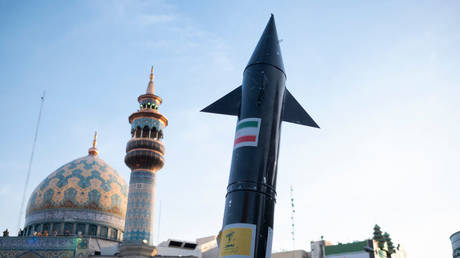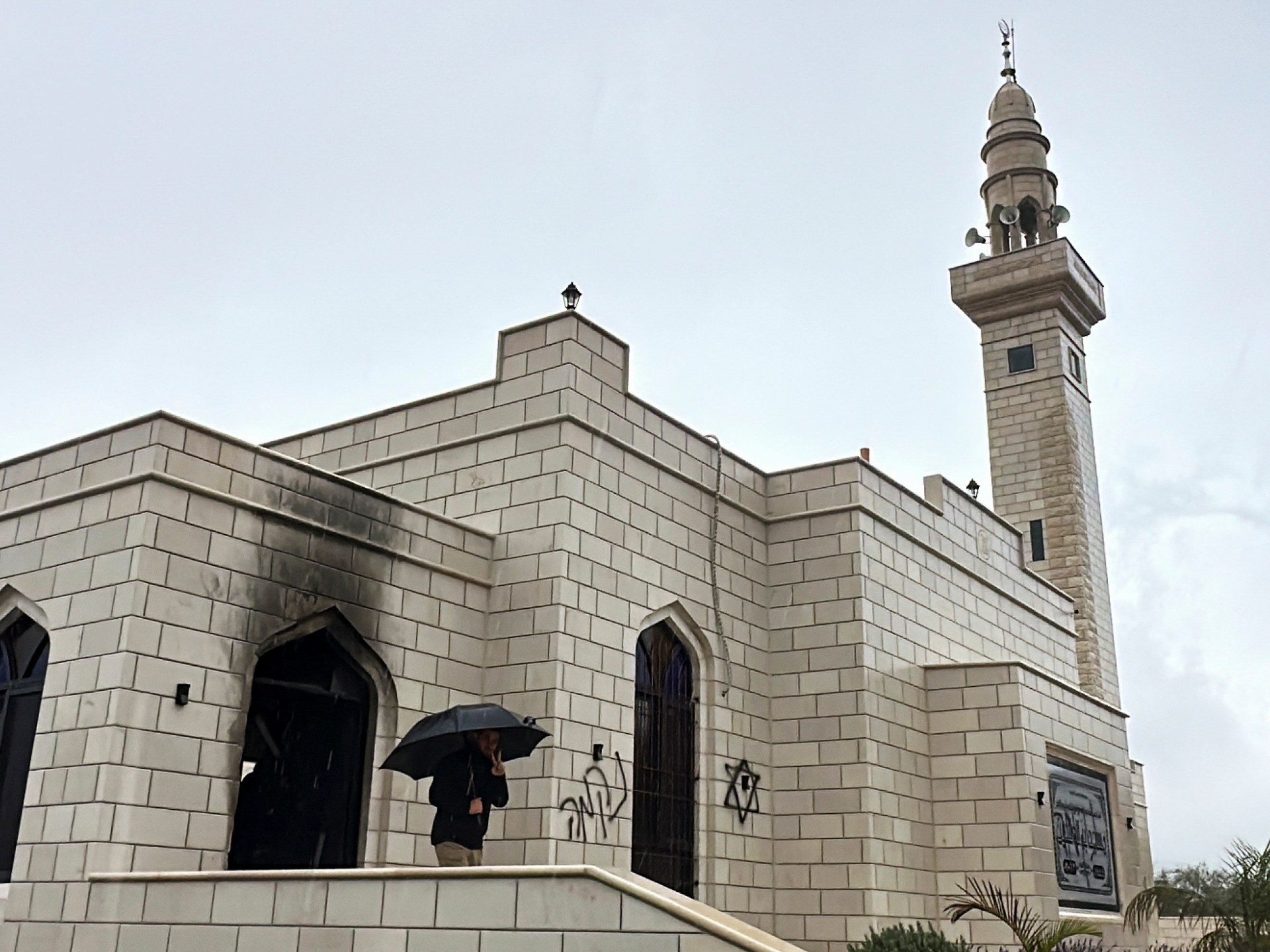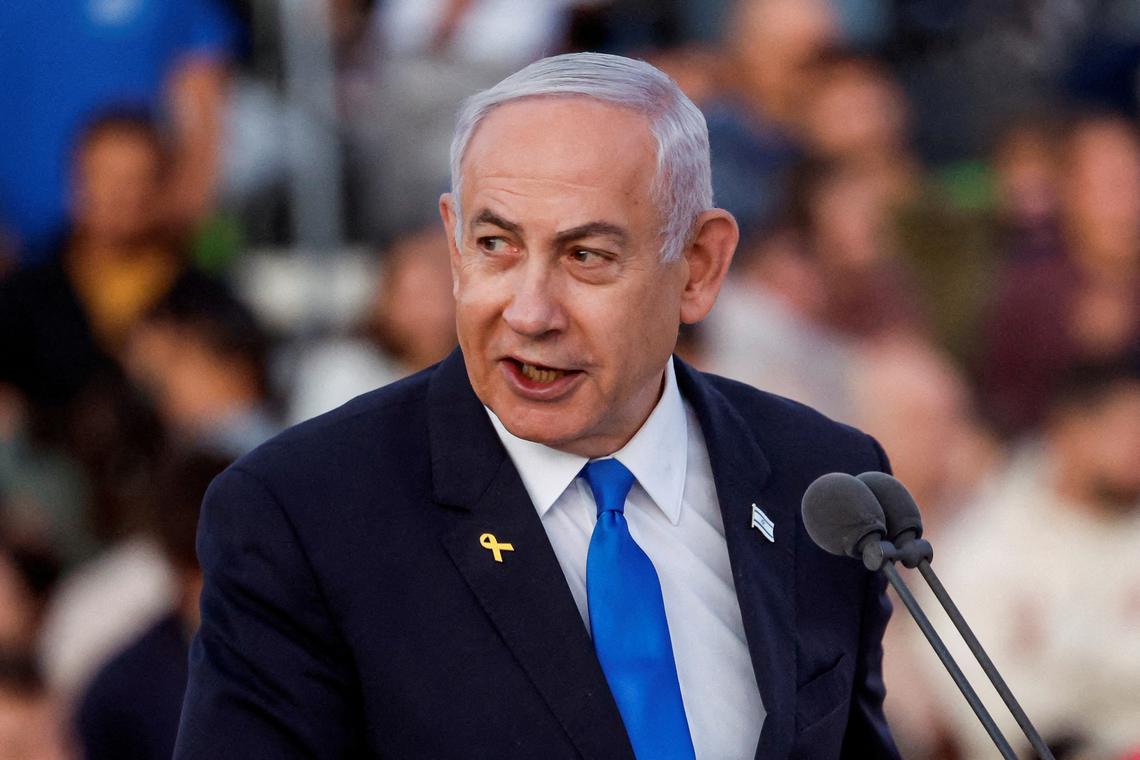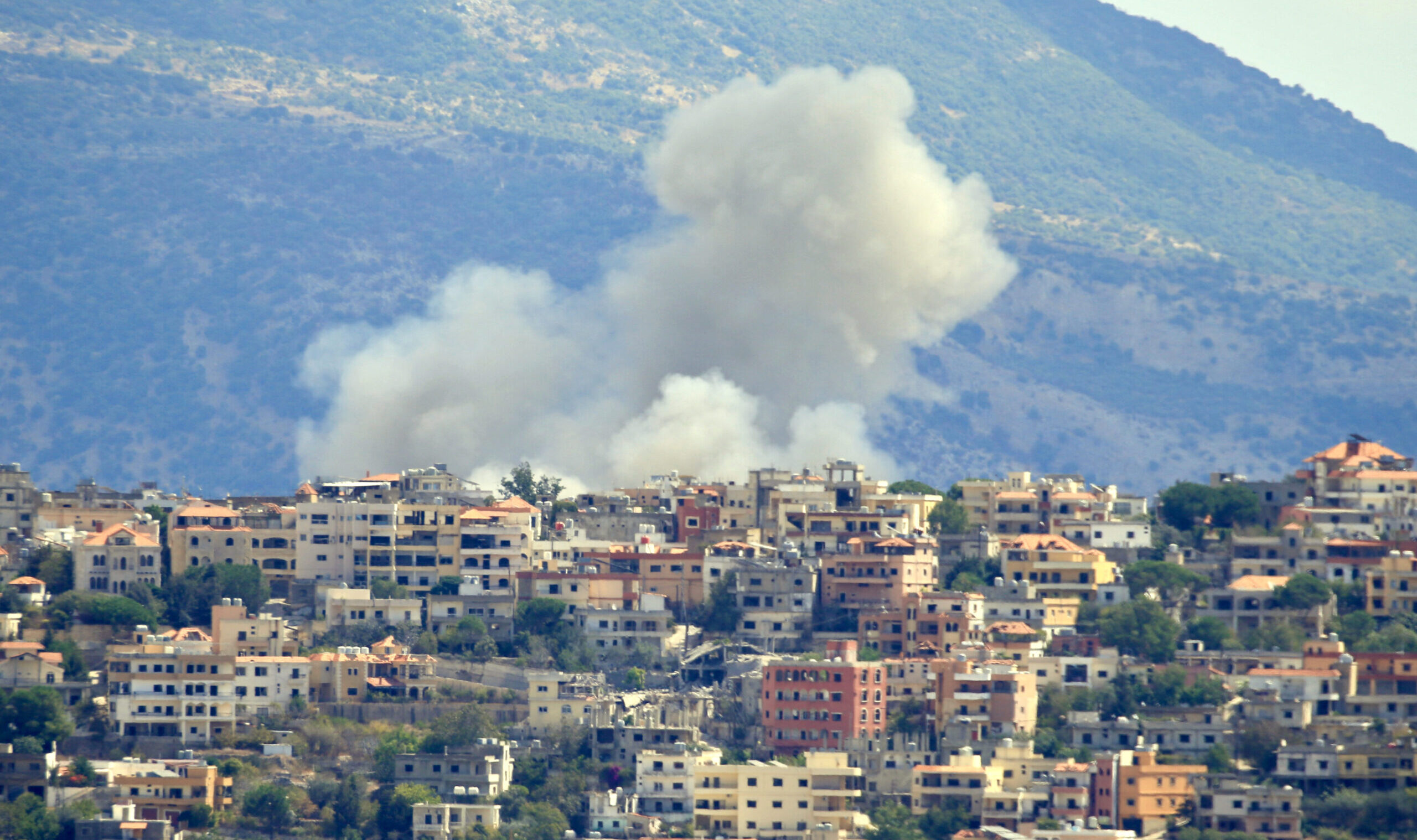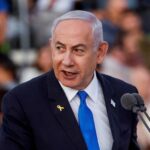Iran Utilizes Hypersonic Missiles in Strikes on Israel
The Revolutionary Guard claims to have used cutting-edge Fattah-2 rockets to bypass Israeli air defenses
Iran used hypersonic missiles for the first time during its strikes on Israel on Tuesday, the Islamic Revolutionary Guard Corps (IRGC) has announced.
Iran launched several salvos of missiles in what the IRGC called a response to the recent Israeli killings of the heads of Hamas and Hezbollah, as well as an Iranian general who was in Lebanon.
You may be interested
Fattah-2 hypersonic missiles were used in the attack to bypass Israeli radars, Iranian media reported on Tuesday evening, citing the IRGC.
Iran Claims High Success Rate in Missile Operation Against Israel
The Guard claimed that 80-90% of the missiles used in ‘Operation Honest Promise 2’ struck their targets, among which were the Tel Nof air base near Tel Aviv and the Netsarim area near Gaza, where they said “a large number of Israeli tanks” were destroyed.
Iran also claimed to have destroyed a number of Israeli F-35 fighters at the Nevatim air base, located halfway between Beersheba and the Dead Sea.
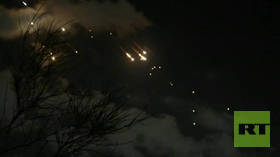
IDF Reports Successful Interception of Incoming Missiles
The Israel Defense Forces (IDF) estimated the number of incoming missiles at 180 and acknowledged that “a few hits” were recorded. According to the IDF, the majority of the missiles were successfully intercepted. The only reported casualty on the ground is a Palestinian man, who was reportedly killed by a falling missile fragment near Jericho in the West Bank.
Tuesday’s bombardment was bigger in size and scope than an April strike, the first-ever such attack by Iran, in which scores of ballistic missiles and drones were fired at Israel in reprisal for an airstrike on the Iranian consulate in Damascus.
Iran’s Hypersonic Missiles: Speed and Development
Hypersonic missiles fly anywhere from five to 25 times the speed of sound. Iran unveiled its first such missile, the Fattah-1, last June. The Fattah-2 version was revealed to the public in November. Neither had been used in combat before.
According to Tehran, the missile barrage was a response to the assassination of Ismail Haniyeh, the political leader of the Palestinian militant group Hamas, who was killed in Tehran in July. Iran also cited the killings of Hezbollah leader Hassan Nasrallah and IRGC Major General Abbas Nilforoshan in Lebanon last week.
Israel has vowed to strike back, while Iran has warned that any further attacks will be met with force.

